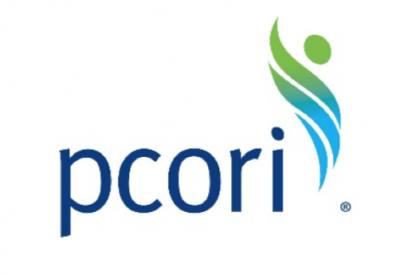A Leader in Ethics and Learning Health Systems
What is a Learning Health System?
A Learning Health System (LHS) is one “in which science, informatics, incentives, and culture are aligned for continuous improvement and innovation, with best practices seamlessly embedded in the delivery process and new knowledge captured as an integral by-product of the delivery experience” (Institute of Medicine, 2007). This means that data from ongoing health care encounters are continuously aggregated and analyzed, and what is learned from ongoing health care is incorporated into the improvement of future care, creating a natural feedback loop. A LHS is an aspirational model. Elements of a LHS are being adopted and implemented increasingly in the U.S.
Informing Ethical Practice in Learning Health Systems
As interest in Learning Health Systems grows, The Berman Institute of Bioethics is deeply engaged in scholarly work on both the ethical foundations and ethical requirements of a LHS.
Through the development of a framework , scholarly articles, empirical studies, and participation on national committees, we are committed to informing the LHS ecosystem now and in the future, to ensure ethical practices associated with an evolving health care system.







